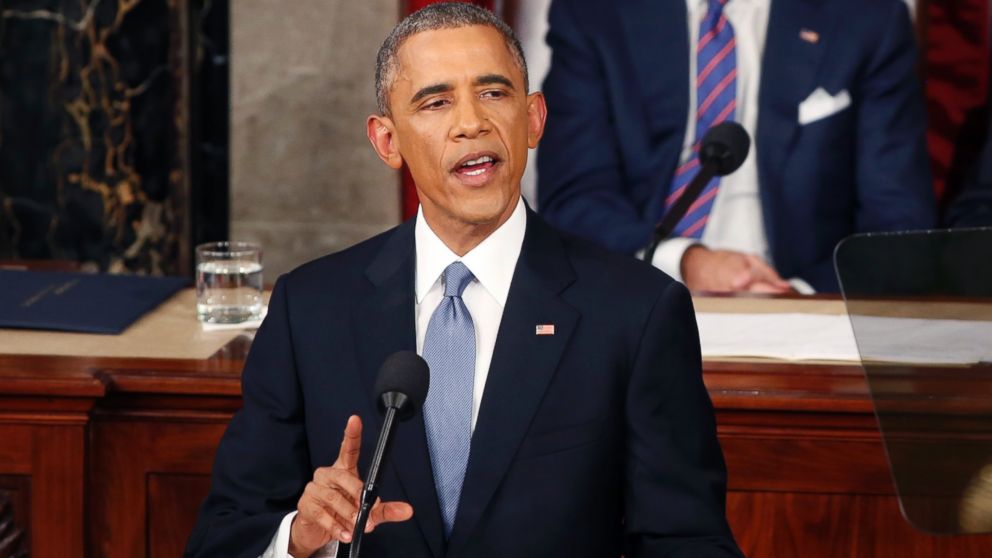By Ronica Hutchinson–
On Jan. 2016, President Obama delivered his final State of the Union address.
With the 2016 presidential election just around the corner, Obama made a note to tie together his legislative agenda for the upcoming year – as well as alluding to improved bipartisanship amongst Democrats and Republicans in Washington.
While Obama’s final address touched on the list of his presidential achievements while in office, a substantial amount of the speech was directed towards issues that affect the millennial generation. In particular, Obama discussed college tuition costs, job opportunities, voter apathy and technological advancements.
Most of Obama’s stances on education have reached across the aisle to appease the GOP as well as his base. The bipartisan reform of No Child Left Behind is one example, as well as advocating for increased childhood education and raising high school graduation rates.
Obama went even further when he promoted an issue that has been on many Democrats’ agendas: free college tuition. With presidential candidates holding political ideologies ranging from free education versus maintaining the current system, this proved to be an important point for various groups of people.
“We have to make college affordable for every American because no hardworking student should be stuck in the red. We’ve already reduced student loan payments to 10 percent of borrowers income. Now, we’ve actually got to cut the cost of college,” said Obama.
Another hot topic issue that has pervaded Washington has been job creation. In his address, Obama mentioned the resurgence of thousands of job opportunities in the past six years, especially relating it to how strong the current economy is. In actuality, job growth has fluctuated during his presidency; however, the unemployment rate has returned to five percent, and “more than 14 million new jobs” have been created . For college students nearing graduation, these statistics serve as vital points for finding new careers and maintaining a vested interest in the job market.
Perhaps Obama’s most direct proposition for millennials during the address was his rhetoric towards voting. Throughout his speech, Obama encouraged young voters to take a very serious look at the issues the country has been facing and the presidential candidates that have pledged to fix said problems. Mainly referencing numerous instances of dysfunction in the political process – redistricting, money in politics, laws that make it difficult to vote – Obama admitted that the bitter partisanship that has affected the country only induces voter apathy.
His hope is for young Americans to utilize the new technologies their age group has been given to participate in the democratic process, most notably social media. Obama’s message remained optimistic towards the rapidly decreasing attitude towards the government.
“What I’m asking for is hard. It’s easier to be cynical; to accept that change isn’t possible, and politics is hopeless, and to believe that our voices and actions don’t matter,” said Obama.
Obama’s concluding message was one that called for less political rancor and more bipartisan reform. With the plethora of issues that surround the upcoming election and the nation, college students have expressed major concerns about topics such as foreign policy, the economy, jobs, climate change and others. With a significant portion of the millennial generation having a stake in the decision come November, these issues are only going to increase in coverage. Obama’s wish is to make that election reflect the country’s true sentiments.




